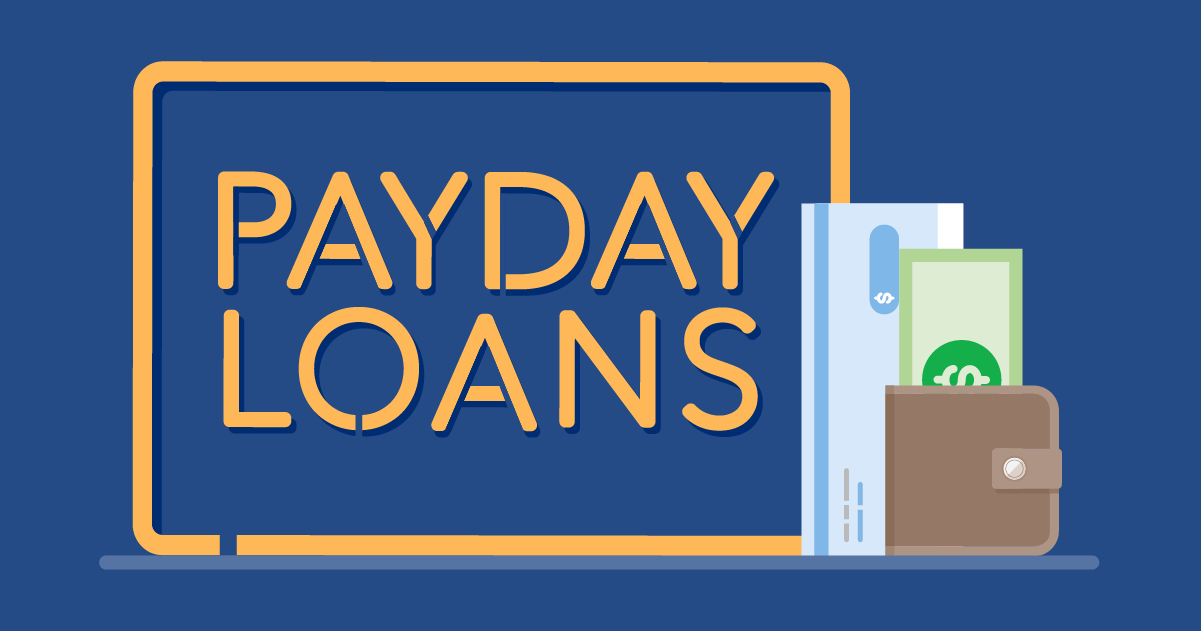A Comprehensive Guide to Home Loans: Solutions and Options Explained
Charting the globe of home mortgage can be complicated. Various choices exist, each with unique functions and effects for prospective home owners. Comprehending the differences between government-backed and traditional lendings is necessary. Moreover, the application procedure involves precise documents and pre-approval steps that lots of ignore. As borrowers begin on their home-buying trip, recognizing just how to take care of these duties effectively can suggest the difference in between monetary stability and difficulty. What approaches can encourage them on this course?
Understanding Home Loans: Types and Terminology
Understanding the various kinds of home car loans and their linked terms is essential for prospective homeowners, as it equips them with the expertise required to make enlightened economic choices. Home financings can be generally categorized into adjustable-rate and fixed-rate home mortgages. Fixed-rate home mortgages keep a regular rates of interest over the life of the loan, giving security in regular monthly repayments. Payday Loans. Conversely, variable-rate mortgages feature rate of interest that might change after a preliminary set duration, possibly resulting in lower first repayments however enhanced future costs
Added terminology is essential for quality. Principal refers to the funding amount obtained, while rate of interest is the price of borrowing that amount. The term of the lending shows its duration, commonly ranging from 15 to thirty years. Understanding these basic principles makes it possible for prospective buyers to navigate the complex landscape of home funding, guaranteeing they pick the appropriate car loan option that lines up with their financial scenario and lasting goals.
Conventional Lendings vs. Government-Backed Loans
A considerable difference in home funding exists between standard car loans and government-backed finances, each catering to various borrower requirements and scenarios. Conventional fundings are not guaranteed or assured by the government and usually call for higher debt scores and deposits. They are typically appealing to borrowers with secure financial backgrounds, as they might use affordable interest prices and terms.
In comparison, government-backed car loans, such as FHA, VA, and USDA financings, are designed to help certain groups of debtors, consisting of novice property buyers and professionals. Payday Loans. These finances generally feature lower down repayment needs and even more versatile credit score criteria, making them available to a more comprehensive series of individuals
Inevitably, the choice between government-backed and standard fundings pivots on the borrower's financial circumstance, lasting goals, and qualification, making it vital to very carefully evaluate both alternatives prior to deciding.

The Role of Interest Rates in Home Financing
Rate of interest play a crucial role in home financing, affecting consumers' decisions in between set and variable price loans. The selection in between these alternatives can considerably influence monthly repayments, affecting total price. Recognizing just how rate of interest work is vital for anyone maneuvering with the home funding process.
Fixed vs. Variable Rates
Buyers deal with a vital decision when choosing in between taken care of and variable rates, as this selection considerably affects the expense of funding over time. Fixed-rate home mortgages provide security, securing in a rate of interest for the life of the financing, which can be advantageous in a climbing rates of interest atmosphere. This predictability allows property owners to spending plan more properly. On the other hand, variable-rate mortgages, or variable-rate mortgages (ARMs), generally begin with lower initial prices that can fluctuate based on market conditions. While this might bring about reduced initial repayments, debtors face the danger of raised rates in the future. Inevitably, the option in between fixed and variable rates depends upon individual monetary circumstances, threat tolerance, and assumptions concerning future rate of interest patterns.
Influence On Month-to-month Settlements
When evaluating home financing alternatives, the impact of rate of interest rates on month-to-month settlements is a key aspect to contemplate. Rate of interest straight affect the overall price of loaning, influencing just how much a borrower will pay each month. A lower passion price lead to smaller regular monthly settlements, making homeownership a lot more affordable. Conversely, higher prices can considerably enhance regular monthly commitments, possibly stressing a home owner's spending plan. In addition, the loan term plays an essential function; longer terms may spread settlements out yet can bring about paying even more rate of interest gradually. Understanding just how rates of interest communicate with loan amounts and terms is vital for customers to make informed economic choices and choose a home mortgage that straightens with their long-lasting monetary objectives.
Home Mortgage Brokers vs. Straight Lenders: Which Is Right for You?
When taking into consideration a home mortgage, prospective borrowers need to comprehend the distinct duties and obligations of mortgage brokers and direct lending institutions. Each choice presents its own benefits and negative aspects, which can substantially influence the total cost of funding. An educated choice needs careful analysis of these elements to identify the best suitable for individual requirements.
Responsibilities and functions Defined
Steering the complexities of home funding requires a clear understanding of the duties and obligations of home loan brokers and straight loan providers. Home mortgage brokers work as intermediaries, attaching borrowers with lending institutions. They examine a borrower's monetary scenario, curate finance alternatives, and overview clients through the application process, typically leveraging numerous lender connections to safeguard beneficial terms. On the other hand, direct loan providers, such as banks and lending institution, supply finances directly to customers. They manage the entire car loan procedure, from application to financing, with an emphasis on their very own items. Each alternative provides unique methods for obtaining financing, making it vital for debtors to evaluate their needs and preferences when choosing between involving a home mortgage broker or collaborating with a direct loan provider.
Disadvantages and pros Comparison
Selecting in between a home loan broker and a direct lender can considerably affect the home financing experience, as each option offers special benefits and disadvantages. Mortgage brokers act as middlemans, giving accessibility to several loan providers and potentially better prices, while streamlining the loan process. They might charge costs and depend on payment structures that could affect their suggestions. On the other hand, direct lending institutions simplify the procedure by supplying in-house loans, which can bring about quicker approvals and less difficulties. Conversely, they might have a limited option of products and much less flexibility pop over to this site regarding rates. Eventually, the choice pivots on individual choices, financial scenarios, and the wanted level of assistance throughout the mortgage trip.
Price Ramifications Evaluated
While evaluating the expense implications of home loan brokers versus direct loan providers, prospective home owners should consider different variables that can considerably influence their total expenses. Home loan brokers generally bill fees for their solutions, which can vary considerably, affecting the total funding price. They usually have Recommended Reading access to a bigger range of lending items and affordable rates, potentially saving debtors cash in the lengthy run. Alternatively, straight loan providers may offer a much more uncomplicated procedure with perhaps lower in advance expenses, however their lending choices might be restricted. It is vital for house owners to contrast rate of interest rates, charges, and terms from both brokers and lenders, ensuring they make an educated decision that straightens with their economic objectives and demands.
The Mortgage Application Refine: What to Expect

The home mortgage application process can typically really feel intimidating for numerous applicants. It normally starts with collecting necessary documents, including proof of earnings, credit rating, and personal identification. Lenders utilize this details to examine the candidate's economic security and determine car loan qualification.
Next, candidates send an official application, which might include completing on the internet types or giving details personally. Throughout this stage, lending institutions review different aspects, such as debt-to-income ratio and credit report, to pick funding terms.
Once pre-approved, the lender will certainly perform a thorough assessment of the property to ascertain its value lines up with the financing quantity. This stage may likewise include additional background checks.

After final approvals and conditions are met, the lending is refined, causing the closing phase. Understanding each step empowers applicants, making the trip smoother and a lot more convenient as they move towards homeownership.
Tips for Managing Your Home Loan Responsibly
Efficiently maneuvering the home funding application procedure is just the beginning of a responsible financial journey. Handling a home car loan needs attention to numerous essential methods. Customers should develop a clear budget that accommodates monthly home mortgage settlements, residential property tax obligations, and insurance coverage. Consistently examining this check over here budget assists protect against overspending and warranties prompt settlements.
Additionally, making added payments when feasible can significantly decrease the funding principal and total passion paid gradually. Borrowers should additionally maintain open lines of interaction with their loan provider, particularly in times of economic difficulty. This can bring about prospective solutions such as funding modifications or refinancing alternatives.
Finally, it is a good idea to monitor credit report ratings routinely. A good debt score can offer possibilities for better financing terms in the future. Installment Loans. By adhering to these ideas, homeowners can navigate their finance responsibilities effectively, guaranteeing long-term financial health and stability
Frequently Asked Concerns
What Are Closing Prices and Just How Are They Determined?
Closing expenses encompass fees associated with wrapping up a home loan, including assessment, title insurance, and lending source fees. These costs generally vary from 2% to 5% of the loan quantity, differing based on area and lender.
Can I Get a Mortgage With Bad Credit Rating?
Yes, people with bad credit history can certify for a mortgage, though options might be limited. Lenders typically require greater deposits or interest rates, and exploring government-backed loans might improve possibilities of approval.
What Is Mortgage Insurance policy and When Is It Needed?
When a consumer makes a down settlement of much less than 20%, home loan insurance coverage shields loan providers versus default and is usually called for. It guarantees that loan providers recover losses if the consumer stops working to settle the finance.
How Does Refinancing Work and When Should I Consider It?
Refinancing involves replacing a current home loan with a brand-new one, generally to safeguard a lower rate of interest rate or modification lending terms. House owners must take into consideration refinancing when rate of interest rates drop significantly or their economic scenario boosts.
What Happens if I Miss a Home Loan Repayment?
If a home mortgage settlement is missed, the lender commonly evaluates late costs, reports the delinquency to credit bureaus, and might initiate foreclosure procedures if settlements remain to be ignored, at some point threatening the homeowner's residential property.
Fixed-rate home mortgages keep a consistent passion rate over the life of the finance, providing security in month-to-month repayments. A considerable difference in home funding exists in between government-backed loans and traditional car loans, each catering to various debtor demands and situations. In contrast, government-backed lendings, such as FHA, VA, and USDA lendings, are developed to assist details teams of customers, including novice homebuyers and experts. Rate of interest rates play an essential duty in home financing, affecting borrowers' decisions between set and variable price lendings. Fixed-rate mortgages provide stability, locking in an interest price for the life of the loan, which can be useful in an increasing passion price setting.